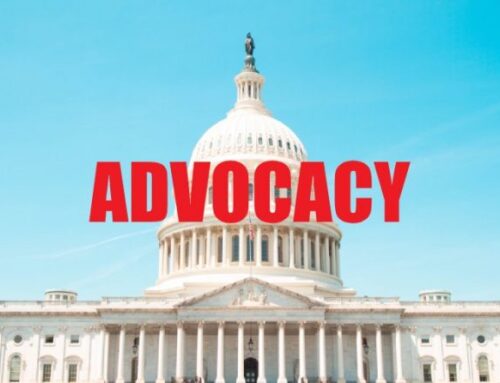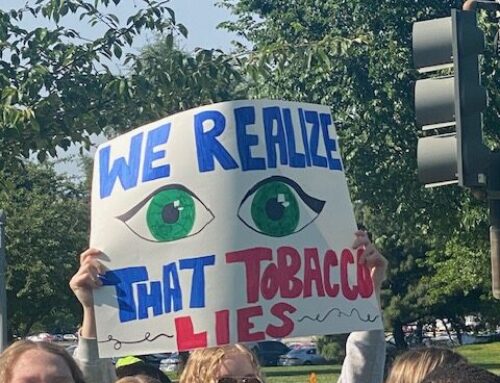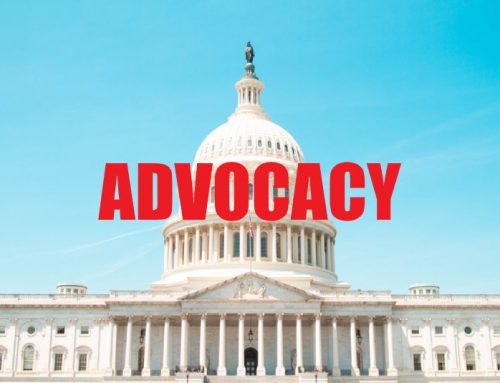Our organizations have been directly involved in the fight against the coronavirus (COVID-19) – from serving on the frontlines, to working with policymakers to make evidence-based decisions, and to collecting and sharing data. We are deeply concerned about increasing reports of resistance to evidence-based public health messages and threats to public health leaders and agencies. Such actions undermine the efforts to protect the health and wellbeing of America’s residents at a critical juncture when cases of COVID-19 are rising.
At this sentinel moment, we urge you to affirm the invaluable role of the Centers for Disease Control and Prevention (CDC) and resist any efforts that would undermine its mission. Similarly, we stand in solidarity with the local, tribal, and territorial public health agencies as they strive to provide guidance in how to re-open safely, avoid preventable deaths and decrease the likelihood of a second major shutdown on the economy.
CDC, state, local, tribal, and territorial public health staff have been working around the clock for months to respond to the pandemic and protect the public, while often relying on overworked staff and inadequate systems that are the result of decades of underfunding. The United States spends an estimated $3.6 trillion annually on health, but less than three percent of that spending is directed toward public health and prevention. And, public health spending as a proportion of total health spending has been decreasing since 2000 and falling in inflation-adjusted terms since the Great Recession. CDC’s core budget remains inadequate to meet the nation’s public health needs. While emergency supplemental funding has been critical to begin to address the immediate COVID needs, robust, sustained, and predictable funding for its full public health mission is essential to sustain its core public health activities and work to prevent the next emergency.
Underfunding CDC has a direct impact on the public health agencies in states and local communities that rely on federal funding from the CDC. While some funding also comes from state and local sources, federal funds are critical for states and communities to help reach our national goals of a safer and healthier population. Moreover, funds from state and local governments are incredibly sensitive to economic shifts and are very likely to shrink further as a result of the current economic outlook.
The broad scope of CDC’s work – from chronic disease to injury prevention to environmental health to emergency preparedness to infectious disease – is critical. It is not possible to effectively meet the needs of the American people if that scope is narrowed. We have seen how many chronic diseases and conditions that afflict Americans, such as obesity, heart disease and diabetes, have increased the risk of hospitalization and death from COVID-19. The pandemic has also starkly highlighted the unacceptable health disparities related to racism and discrimination which can only be addressed with a sweeping, rather than a narrow, health focus.
CDC, along with the White House, the Department of Health and Human Services, state and local health departments have made some missteps in their response to COVID-19 which should be acknowledged and learned from. After the global pandemic we must work collaboratively to modernize CDC and the entire public health system while at the same time ensuring it has the funding and support necessary to do so.
Nonetheless, CDC continues to be the world’s premiere public health institution and should be treated as such during this pandemic. It is a scientific organization that functions best as an apolitical agency trusted to guide the strategy of our nation to be healthier and safer. We must amplify the unfettered voice of CDC, not stifle it. The core mission of the CDC is clear, and it is replicated in every state, local, tribal and territorial public health agency: prevent illness and injury and save lives. Now more than ever we need them to accomplish their mission.
Secretary Azar, the health of all Americans is at stake. We urge you to speak up and amplify the critical role of CDC and that of all public health agencies during this monumental crisis.
Read full Letter to Secretary Azar on supporting CDC’s mission





